With each new year brings with it a renewed wave of diets all over the media. Most of these diets promote restrictive routines, supplements that claim to support weight and fat loss, and cut out food groups that are thought to be “unhealthy.” One of the most common restrictive diets this year so far is the ketogenic diet as voted on by health experts (1).
Read below to learn more about the ketogenic diet, key deficiencies that occur as a result of this diet, and how you can best supplement for effective body transformation.
What is the ketogenic diet?
The ketogenic diet basically involves eating just 20 to 50 grams of carbohydrate or less per day and focuses on consuming up to 90-percent of calories from fat (2,3). To put this in perspective, one medium apple, which is around 25 grams of carbohydrate, would be your limit for the day for carbohydrates. The rest of your diet would have to come from fats and protein only.
The theory behind this diet is that by cutting carbohydrates in the diet and filling up on fats, you enter a state of ketosis, which helps your body’s fat-burning system rely on fat instead of sugar (2). The breakdown of fats release ketones, which you can measure in the urine to make sure you are in ketosis. Eating too many carbohydrates or protein can take your body out of ketosis.
What deficiencies can the ketogenic diet cause?
According to health experts, the ketogenic diet can lead to a variety of nutrient deficiencies that include (3,4):
- Selenium, magnesium, phosphorus, and vitamins A, B, C, and K from lack of fruits and vegetables daily
- Fiber deficiency from lack of whole grains, beans, legumes, and produce intake which can lead to constipation and related digestive issues
Not only that, but health experts suggest that those with conditions such as pancreatic disease, gallbladder disease, and liver conditions should not follow this diet due to their inability to digest fats well (4). Also, those with thyroid problems should not follow the ketogenic diet since it can induce thyroid malfunction (5). Furthermore, those with eating disorders should not follow the ketogenic diet since experts suggest that the restrictive pattern of this diet can mimic the behavior of an eating disorder (6).
Further health risks of the ketogenic diet include putting those with heart disease at risk if they consume too much saturated fat on this diet. Also, those with kidney disease will have an increased risk of requiring dialysis since the body will produce more ketones that the renal system has to process (7).
How can you supplement for effective body transformation?
For effective body transformation, it’s important to ensure that your body has all the macro nutrients like protein, carbohydrates, and fats that it needs for optimal health. This includes fiber for proper digestion, omega-3 fatty acids from fish or krill oil supplements, and maybe some whey protein if you don’t feel you are meeting protein needs daily.
Research shows that omega-3 fatty acids may not aid weight loss, but can support improved body composition and metabolic health (8). Also, research shows that fiber can help support compliance with a healthy diet and in turn aid weight loss efforts (9).
Besides macronutrients, it’s also important to have your doctor test you for levels of iron, vitamin D, and vitamin B12, which are common nutrient deficiencies (10). And if you’re low in any of these nutrients, use a dietary supplement to help you bring your levels back into normal range. Low levels of such nutrients can cause fatigue which can impact your ability to perform exercise (11,12,13). In turn, maintaining healthy levels of such nutrients can help you have the energy you need to work out and transform your body.
Bottom line
Restrictive diets may promise quick weight loss results, but chances are they will not do your body good for the long-term. This is because restrictive diets help you lose weight by cutting out major food groups, which do cut out calories, but also cut out vital nutrients.
Therefore, the best way to transform your body and health long-term is by consuming a balanced diet full of fruits, vegetables, whole grains, lean proteins, and healthy fats. And if you feel like you are missing any nutrients through your diet, then use high-quality dietary supplements to fill in the gaps.
References:
- U.S. News & World Report (accessed January 19, 2021) “Best Diets Overall.” https://health.usnews.com/best-diet/best-diets-overall
- U.S. News & World Report (accessed January 19, 2021) “Keto Diet.” https://health.usnews.com/best-diet/keto-diet
- Harvard Health Publishing Harvard Medical School (published October 2018; updated August 31, 2020) “Should you try the keto diet?” https://www.health.harvard.edu/staying-healthy/should-you-try-the-keto-diet#:~:text=Other%20potential%20keto%20risks%20include,Liver%20problems.
- Gordon, R.D.N., L.D., B. (published May 15, 2019; reviewed April 2019) “What is the Ketogenic Diet?” https://www.eatright.org/health/weight-loss/fad-diets/what-is-the-ketogenic-diet
- Kose, E., Guzel, O., Demir, K., and Arslan, N. (April 2017) “Changes of thyroid hormonal status in patients receiving ketogenic diet due to intractable epilepsy.” J Pediatr Endocrinol Metab., 30(4):411-416. doi: 10.1515/jpem-2016-0281.
- Seeds of Hope (September 4, 2019) “What Is the Keto Diet?” https://seedsofhope.pyramidhealthcarepa.com/keto-diet-and-eating-disorders/
- Northwestern Medicine (accessed January 19, 2021) “Pros and Cons of the Ketogenic Diet.” https://www.nm.org/healthbeat/healthy-tips/nutrition/pros-and-cons-of-ketogenic-diet
- Albracht-Schulte, K., et al. (August 2018) “Omega-3 fatty acids in obesity and metabolic syndrome: a mechanistic update.” J Nutr Biochem., 58:1-16. doi: 10.1016/j.jnutbio.2018.02.012. Epub 2018 Feb 27.
- Miketinas, D.C., et al. (October 2019) “Fiber Intake Predicts Weight Loss and Dietary Adherence in Adults Consuming Calorie-Restricted Diets: The POUNDS Lost (Preventing Overweight Using Novel Dietary Strategies) Study,” J Nutr., 149(10):1742-1748. doi: 10.1093/jn/nxz117.
- Centers for Disease Control (2012; accessed January 19, 2021) “CDC’s Second Nutrition Report: A comprehensive biochemical assessment of the nutrition status of the U.S. Population.” https://www.cdc.gov/nutritionreport/pdf/4page_%202nd%20nutrition%20report_508_032912.pdf
- Johns Hopkins Medicine (accessed January 19, 2021) “Vitamin B12 Deficiency Anemia.” https://www.hopkinsmedicine.org/health/conditions-and-diseases/vitamin-b12-deficiency-anemia
- Mayo Clinic (October 18, 2019) “Iron deficiency anemia.” https://www.mayoclinic.org/diseases-conditions/iron-deficiency-anemia/symptoms-causes/syc-20355034
- Nowak, A., et al. (2016). “Effect of vitamin D3 on self-perceived fatigue: A double-blind randomized placebo-controlled trial.” Medicine, 95(52), e5353. https://doi.org/10.1097/MD.0000000000005353




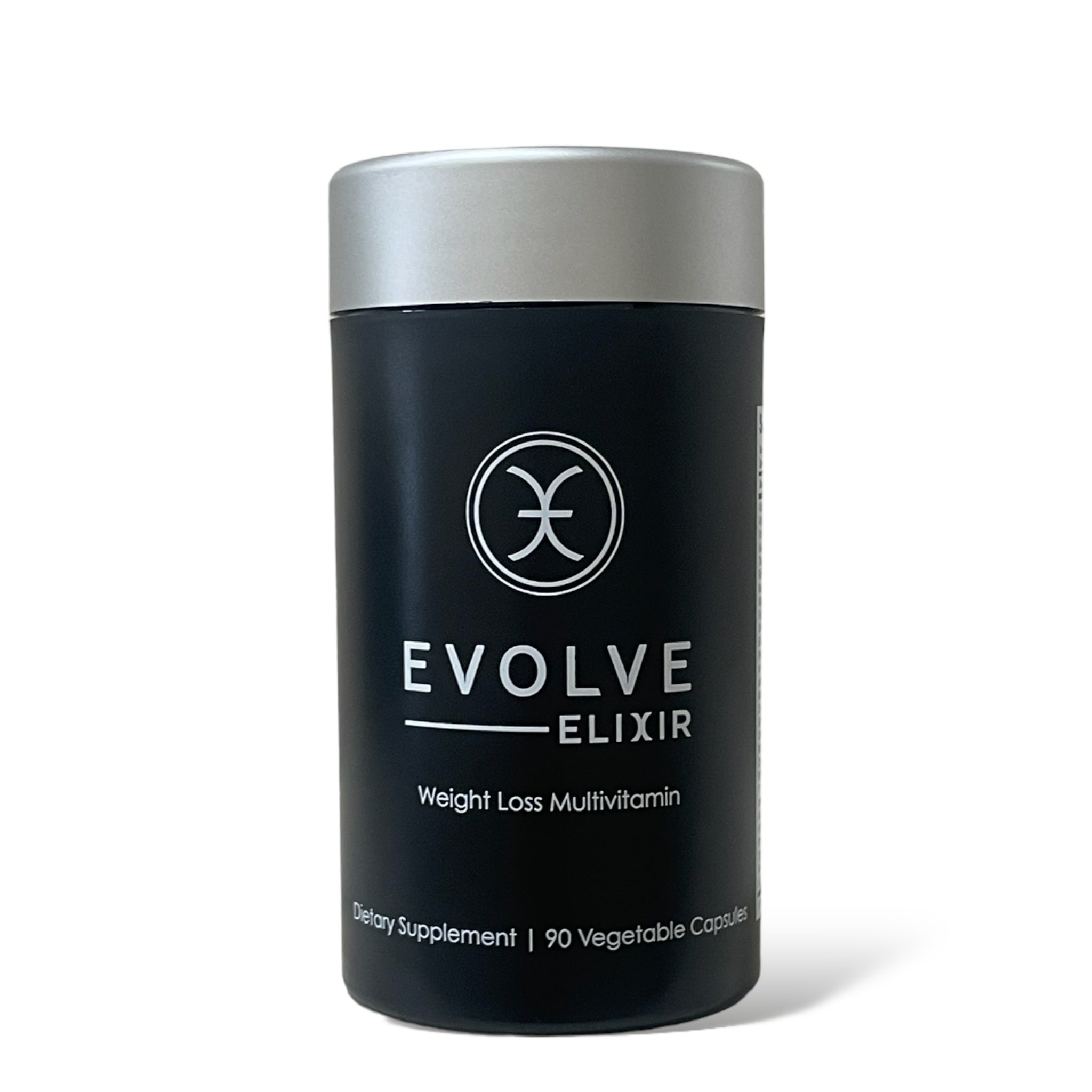
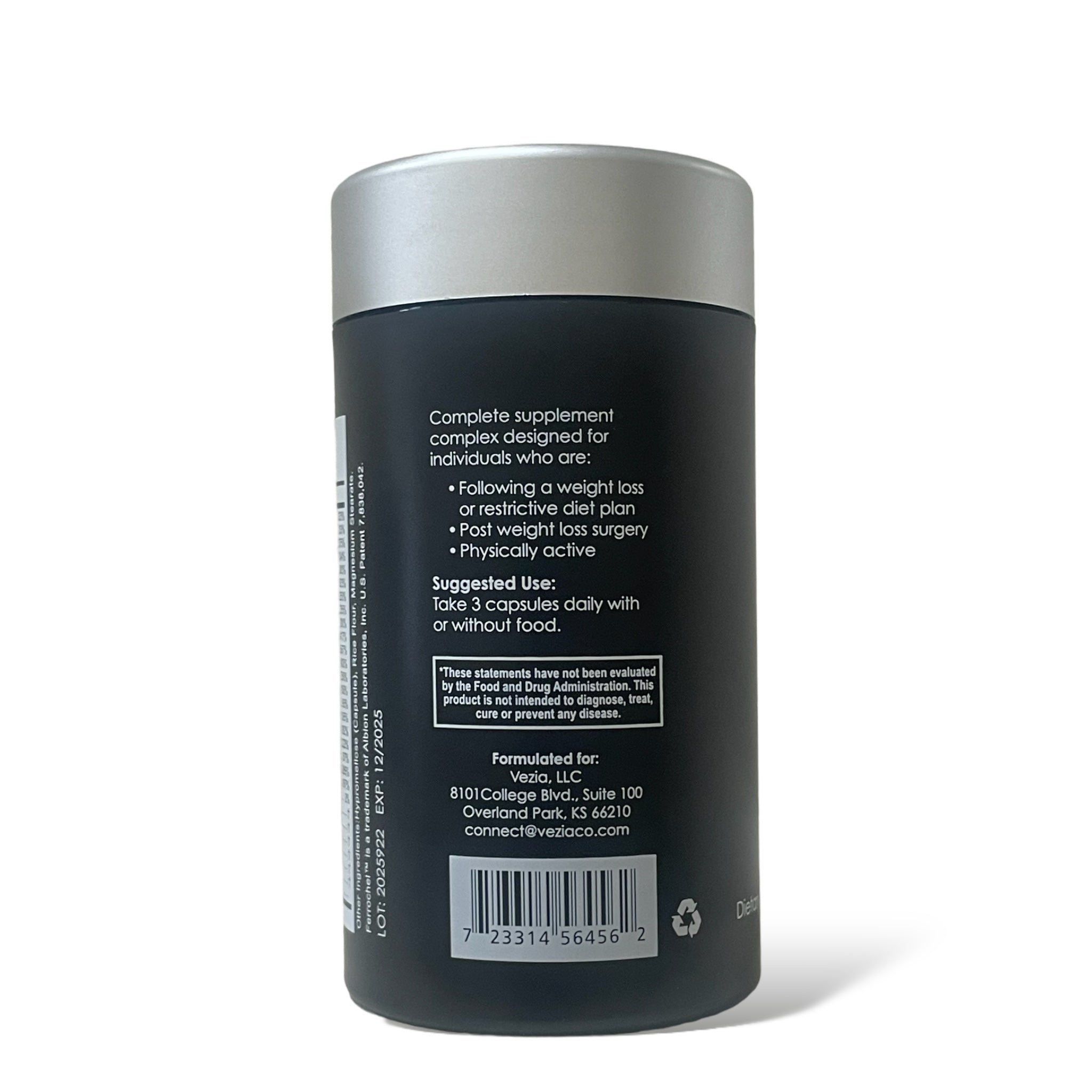
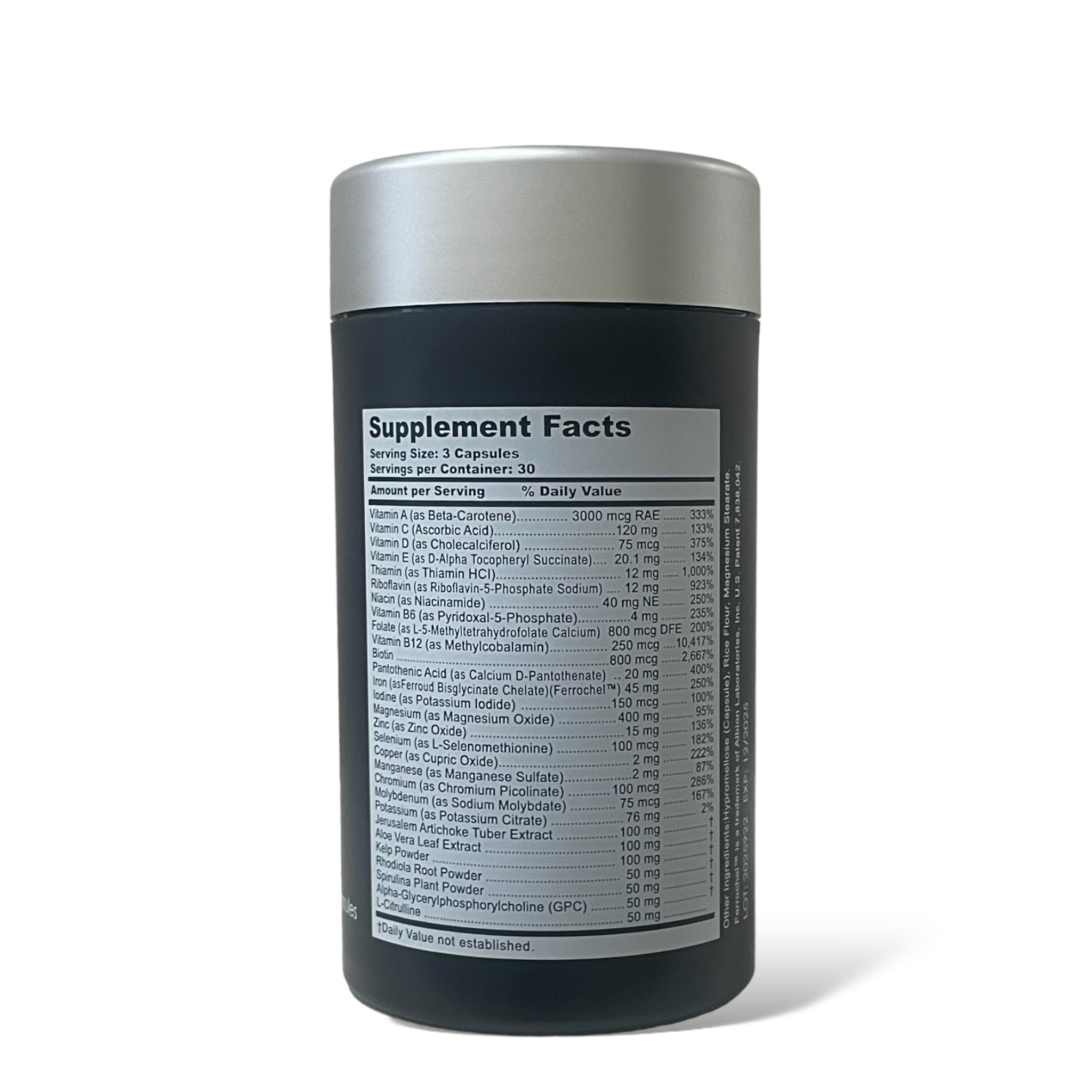
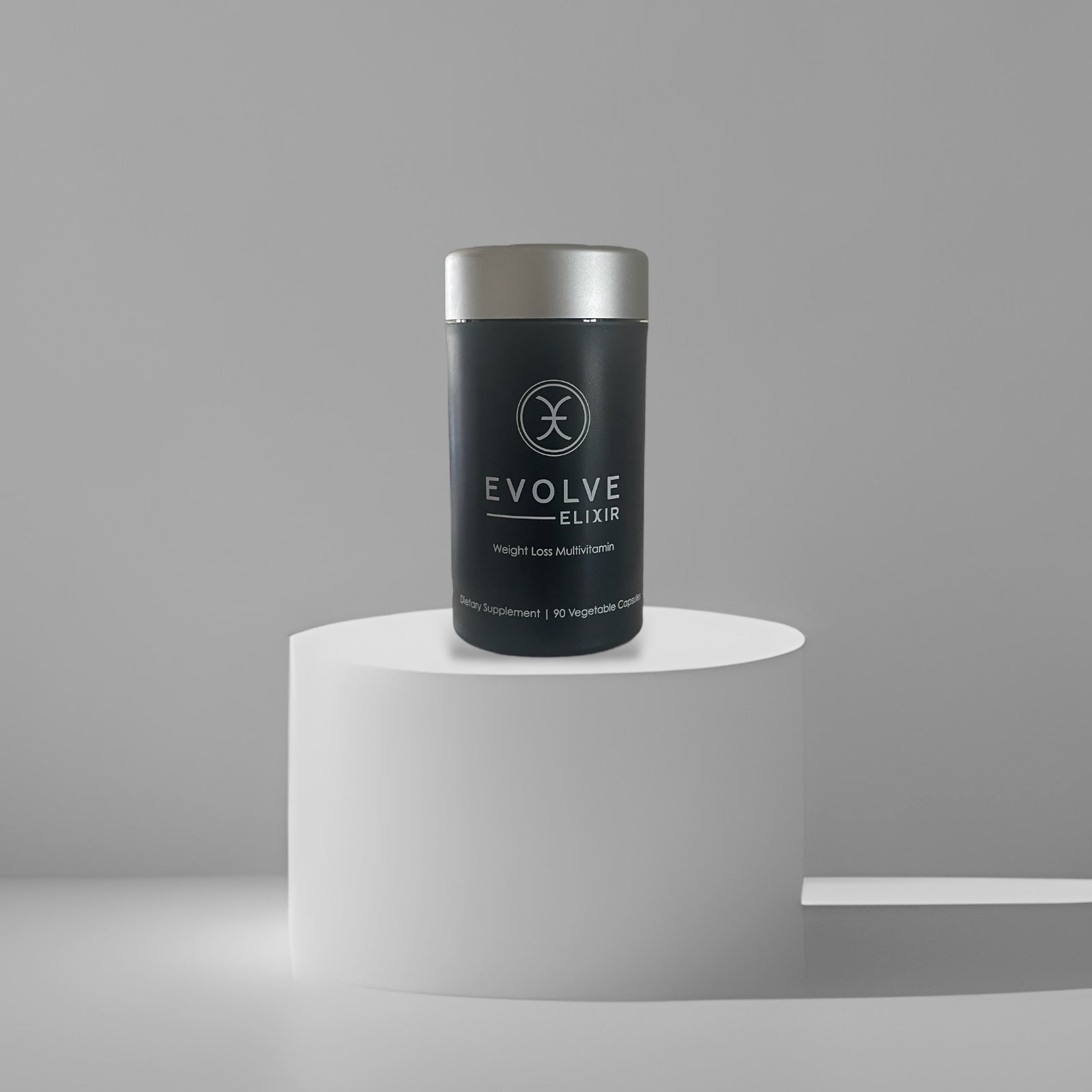
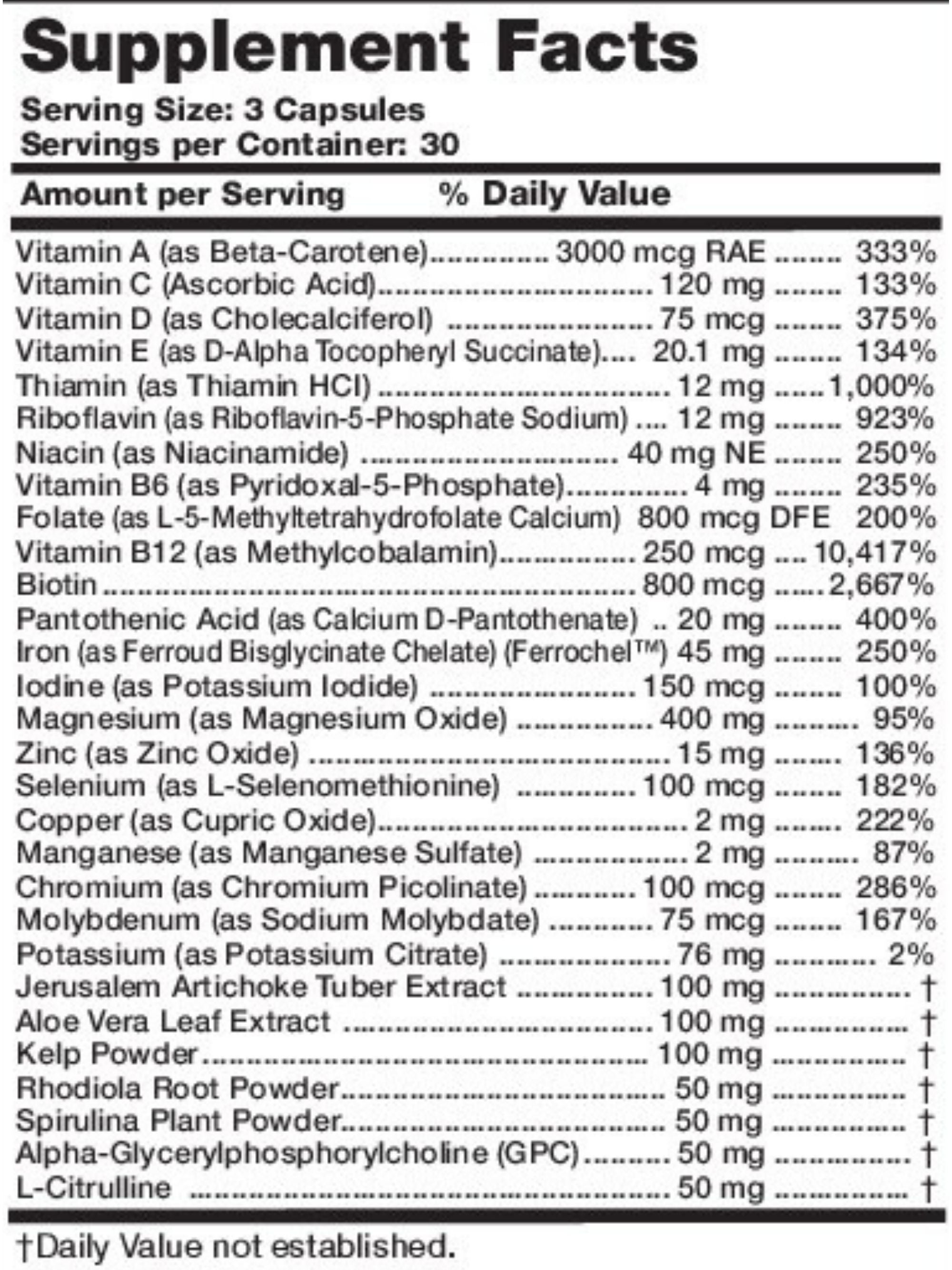
Leave a comment
This site is protected by hCaptcha and the hCaptcha Privacy Policy and Terms of Service apply.